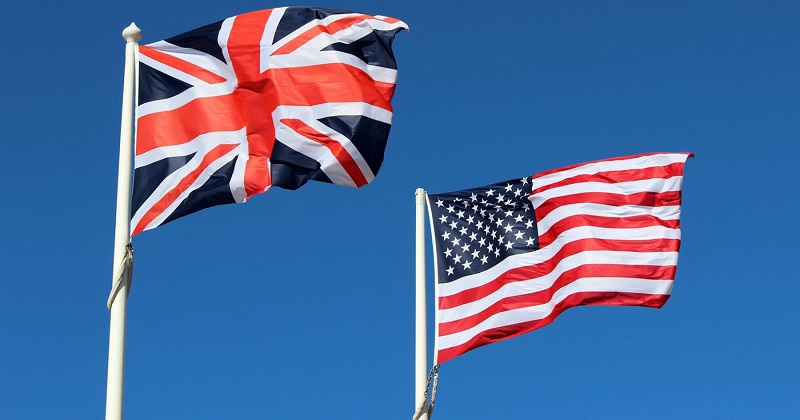
The US and the UK have sharply criticised a World Health Organization report into the beginnings of the coronavirus pandemic in Wuhan, implicitly accusing China of “withholding access to complete, original data and samples”.
The statement, also signed by 12 other countries including Australia and Canada, came hard on the heels of an admission on Tuesday by the head of the WHO, Tedros Adhanom Ghebreyesus, that the investigation was “not extensive enough” and experts had struggled to access raw information during their four-week visit to Wuhan in January.
“In my discussions with the team, they expressed the difficulties they encountered in accessing raw data,” Tedros had said. “I expect future collaborative studies to include more timely and comprehensive data sharing.”
The resistance has come in relation to the report issued by the WHO and Chinese experts who worked together to work out the cause and beginning of the coronavirus — with a conclusion stating the pandemic probably began in humans from animals.
However, the conclusion had attracted massive criticism from various government and international groups.
The statement by the 14 countries, which criticised delays in the investigation, called for timely access for independent experts early in future pandemics, and once again underlined the highly contentious politics around the investigation during which WHO experts gained access to China after months of fraught negotiations.
Weighing in separately, the White House urged the WHO to take additional steps to determine the origins of Covid-19. “There’s a second stage in this process that we believe should be led by international and independent experts,” the White House press secretary, Jen Psaki, told reporters.
“They should have unfettered access to data. They should be able to ask questions of people who are on the ground at this point in time, and that’s a step the WHO could take,” she added.
Tedros’s comments came as investigation team members admitted there was political influence from both inside and outside China on them but said they were never under pressure to remove “critical elements” from their report.
“Although the team has concluded that a laboratory leak is the least likely hypothesis, this requires further investigation, potentially with additional missions involving specialist experts, which I am ready to deploy,” he said.

Post Your Comments